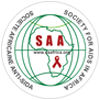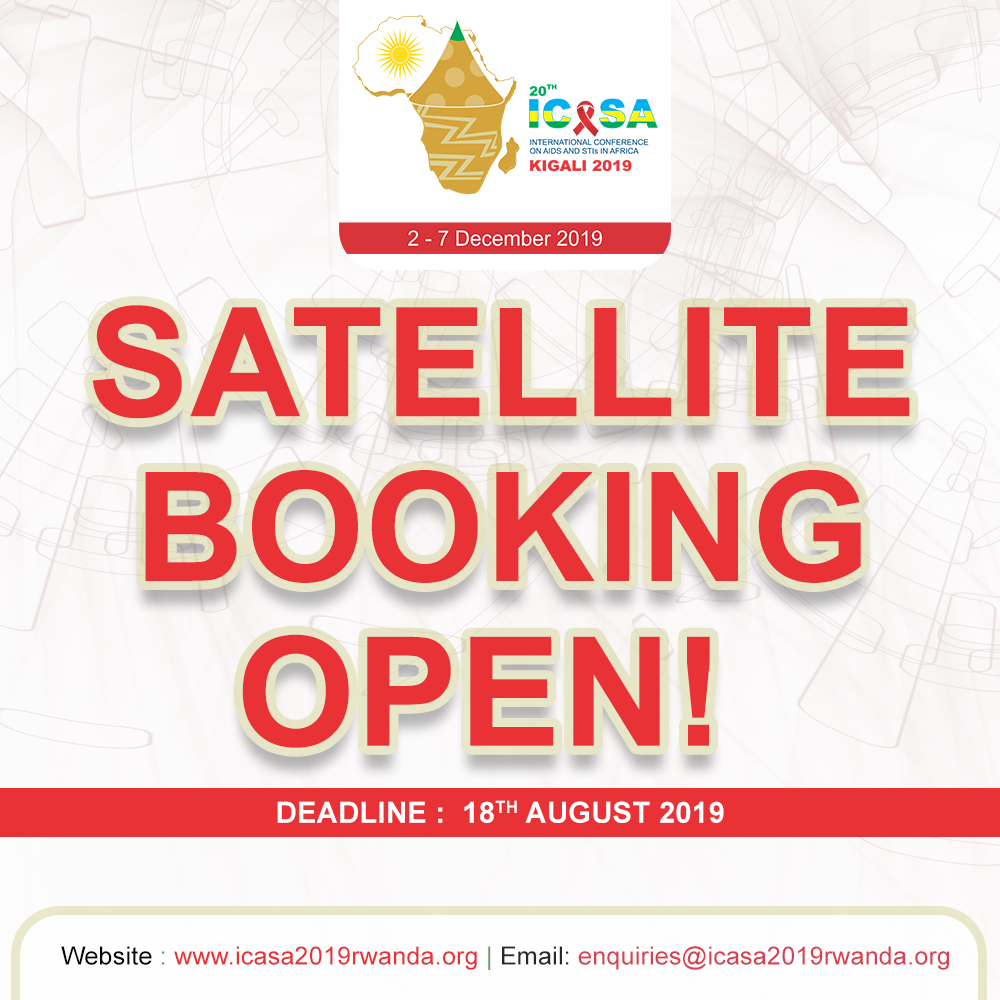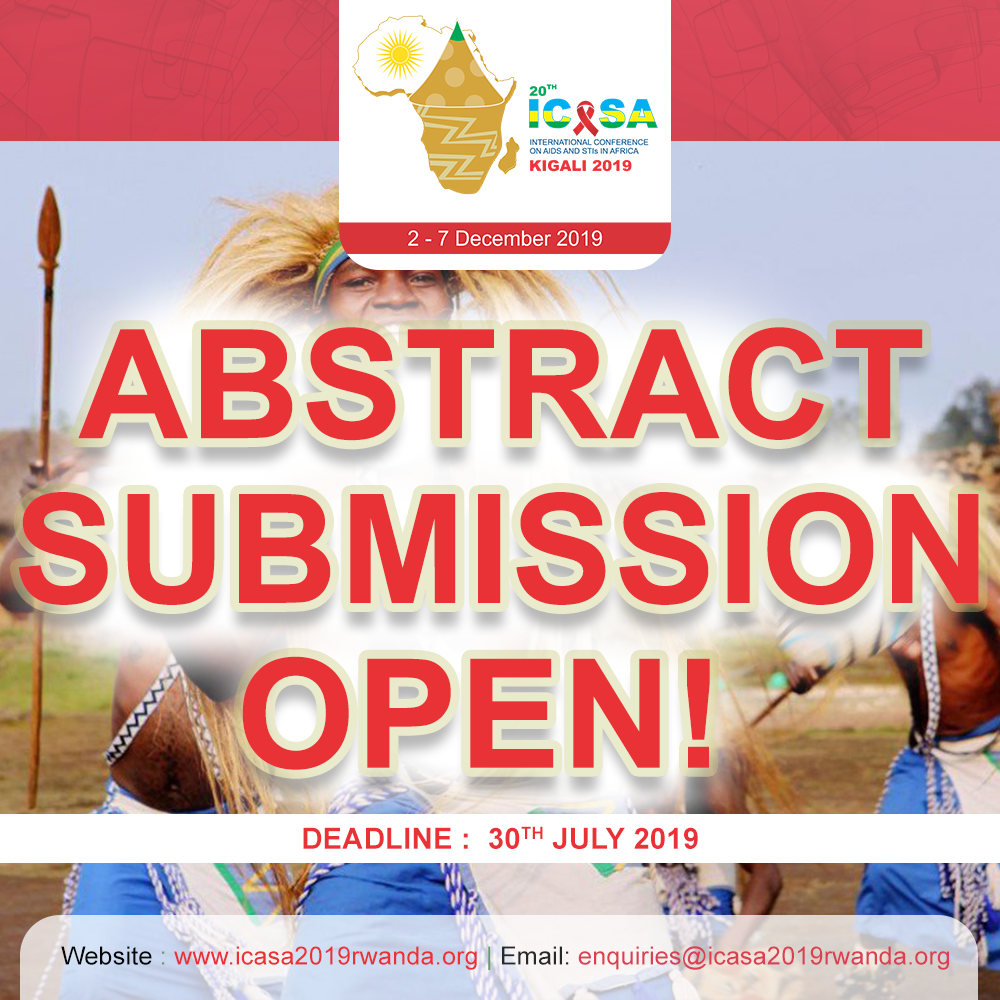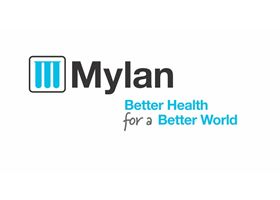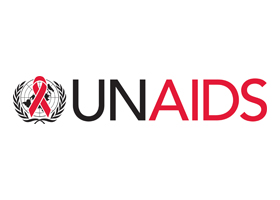Room: Auditorium
Reporter: Ingrid UWASE
The session was debuted by screening of a documentary called “From Durban to tomorrow”. The documentary featured five advocates from five different countries who were advocating for the health rights of marginalized, discriminated and key populations. In July 2000, an HIV/AIDS conference that took place in Durban changed the way the world viewed HIV/AIDS and public health. It mobilized all key parties to start the journey to preventing HIV and start ensuring equal access to affordable treatment and prioritized human rights. This allowed the world to make progress in terms of fighting HIV/AIDS. Recently, some of those who were fighting started to give up, making AIDS/HIV look like a won battle. From Durban to tomorrow challenge notions that HIV/AIDS is no longer a big challenge. It shows the bigger pictures of issues such as discrimination, structural inequality that are designed to stigmatize making young people vulnerable, and key population at risk of HIV.
A part of the documentary showed about the Indian government did not invest in HIV prevention access for sex workers. Seshu, the Indian advocate featured in the documentary, explained how during condoms distribution, condoms were forced on sex workers so that men who go to them do not contract HIV infection. The government was worried for men and cared less of the sex workers. Her organizations worked to change the narrative. It taught sex workers that they should use condoms to protect themselves. The fight against HIV/AIDS has had an impact because of collective efforts. That collective effort is still needed. If we stop the fight, we will lose the gains we have made. “End of AIDS is not tomorrow,” Seshu said. “We need to challenge the myth that AIDS is over. For whom is it over?”
Comments and suggestions from the panel
There is hope, but everyone needs to look beyond themselves and care for everyone else like it was when the battle started. Citizens need to engage with politics despite ones age or residential location. Politics decide who lives, who receives medicines, how long they live. The power of politics lies in keeping citizens divided. Health is politics, and there is no one who does not suffer when the health care systems are inefficient. Raising important hard questions such as who provide drugs and for how long, is crucial. Ending the epidemic will not be done by just simply calling out inefficiencies; everyone will have to play their role. Government need not shy away from their responsibilities. They need to start changing policies regarding family planning access. Young people need to take leadership positions, make decisions and also be accountable by asking questions like where am I supposed to be that I am not; what am I supposed to know that I don't know.
“The documentary has to be disseminated as far as possible” says Dr Aflodis KAGABA.


